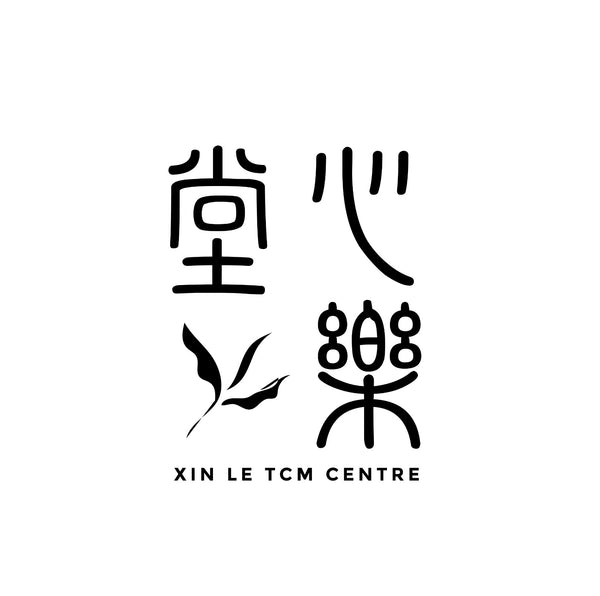Ever notice your period goes a bit off when you get too stressful?
Late one month, early the next. Sometimes heavier, sometimes lighter, and the pain gets worse too. It happens for a reason, in TCM, we see a clear link between stress and menstrual changes.
Relationship Between Stress, Liver & Menstrual Cycle
Stress can affect the menstrual cycle in many ways. In TCM, emotions are considered one of the internal causes of disease, and they can directly impact our menstrual health. Emotional stress and unresolved tension are often stored in the Liver, which plays an important role in ensuring the smooth flow of qi throughout the body.
When stress disrupts the Liver, Liver qi stagnation occurs. This can block the uterus vessel (Bao Mai), leading to symptoms like irritability, mood swings, and in severe cases, absence of menstruation.
The Liver also stores blood for the uterus. When stressed, Liver function is impaired, affecting the quality and flow of menstrual blood. Since the Liver also governs tendons and muscles, this can result in:
- Menstrual pain with blood clots
- Irregular cycles
- PMS symptoms
Stress Leads to Qi Stagnation and Blood Stasis
1. Qi Stagnation
Stress often leads to qi stagnation, especially in the Liver. This impedes the natural flow of qi and blood, leading to symptoms such as:
- Breast and abdominal distension
- Moodiness, depression, and irritability before the period

- Diarrhea before menstruation (if digestion is affected)
Smooth qi flow is essential for ovulation. When disrupted, the cycle can become irregular, delayed, or even absent. Pain that worsens with pressure usually indicates an excess condition.
2. Blood Stasis
If Liver qi stagnation persists, it can lead to blood stasis. This is more serious and shows up as:
- Significant, fixed, stabbing pain
- Relief only after passing clots
- Light or heavy periods with irregular cycles
- Spotting between periods
Blood stasis may lead to amenorrhea, endometriosis, fibroids, or even tumours. It can also be due to cold in the uterus, phlegm-damp obstruction, or qi deficiency (especially common after childbirth or surgery).
3. Heatiness
Prolonged qi stagnation and blood stasis generate internal heat. This heat:
- Shortens the cycle or causes early ovulation
- Thickens menstrual blood
- Dries out fluids
- Triggers symptoms like irritability, headaches, red eyes, nosebleeds, insomnia, palpitations, mouth ulcers, and acne
Common Menstrual Changes from Stress
-
Irregular Periods
Stress can delay or shorten your cycle, making it unpredictable. -
Heavier or Lighter Flow
Some may experience heavier bleeding, others lighter periods or spotting. -
Worsening PMS
Symptoms like mood swings, bloating, headaches, and breast tenderness become more intense. -
Increased Cramping or Pain
More noticeable period pain before or during menstruation.

How TCM Helps?
1. Acupuncture

- Promotes smooth flow of qi and blood
- Reduces inflammation and eases menstrual pain
- Regulates the Hypothalamic–Pituitary–Ovarian (HPO) axis
- Strengthens Liver, Spleen, and Kidneys
- Relieves stress and improves sleep
2. TCM Herbal Medication
- Customised formulas to:
- Nourish the Liver
- Promote qi flow
- Warm the uterus
- Nourish blood
- Supports each phase of the menstrual cycle: follicular, ovulation, luteal, and menstruation
- Eases PMS and period pain
- Enhances fertility naturally
Stress doesn’t just mess with your mood — it affects your cycle, your hormones, and even your fertility. If your period has been off and you’ve been under pressure lately, it’s time to listen to what your body is saying.
Don’t just wait it out. TCM offers gentle, personalised support to help your body reset and rebalance.

